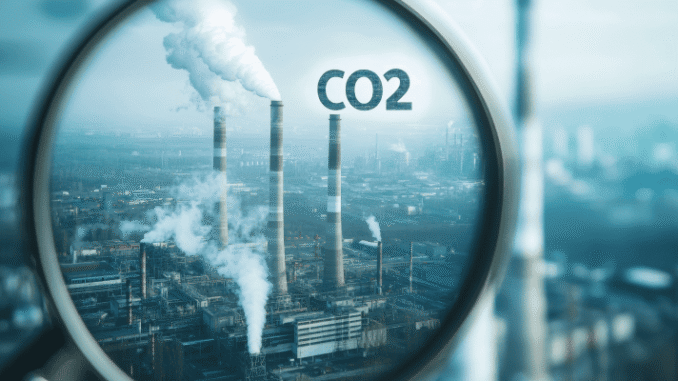
ENB Pub Note: This article is from the Energy Market Place, and is a good sign that countries are realizing they are in deep trouble with their energy plans. Net Zero and climate crisis policies have severely impacted the industrial capabilities of many countries, prompting them to realize that they risk being replaced or voted out of office if they persist on the Net Zero path of fiscal decline.
European Union nations have postponed plans to approve a new climate change target next week due to objections from countries like France and Germany regarding the rush to finalize a deal, according to three EU diplomats who spoke to Reuters on Friday.
The discussions center around a legally binding goal to reduce net EU greenhouse gas emissions by 90% by 2040 compared to 1990 levels, with part of this reduction potentially achieved through purchasing foreign carbon credits.
The European Commission has argued that this would provide certainty for investors and keep Europe on course for net zero emissions by 2050. Climate change has made Europe the fastest-warming continent, leading to severe heatwaves and unprecedented wildfires.
However, EU governments are split on how ambitious they should be in addressing global warming, as they also focus on increasing defense spending and supporting struggling industries.
EU ministers had been scheduled to approve the 2040 climate target on September 18, but that plan was scrapped during a meeting on Friday, according to three EU diplomats.
Ministers will discuss the 2040 target next week, but the discussions will be elevated to EU government leaders before any agreement is reached, the diplomats noted.
These diplomats asked for confidentiality regarding the private meeting.
If a deal isn’t reached next week, the EU could miss a mid-September deadline for all countries to submit new climate plans to the U.N. in preparation for the COP30 climate summit in November.
Countries like Denmark, Spain, and the Netherlands support the 90% emissions reduction target, according to diplomats.
Conversely, France, Poland, and Italy have expressed reservations about the proposed goal and have requested that it be brought to the heads of government, who are set to meet in October.
This could complicate reaching an agreement, as EU leaders require unanimous decisions, unlike ministers.
To persuade skeptical nations, diplomats are exploring options such as increasing the share of the target covered by carbon credits or linking the climate target to modifications in other EU legislation, like the carbon border tax or the planned 2035 phase-out of combustion engine vehicles.
Germany supports the 90% emissions reduction goal but favors discussions among government leaders before finalizing a deal, as stated by a spokesperson for the environment ministry.
Avoid Paying Taxes in 2025
Crude Oil, LNG, Jet Fuel price quote
ENB Top News
ENB
Energy Dashboard
ENB Podcast
ENB Substack





